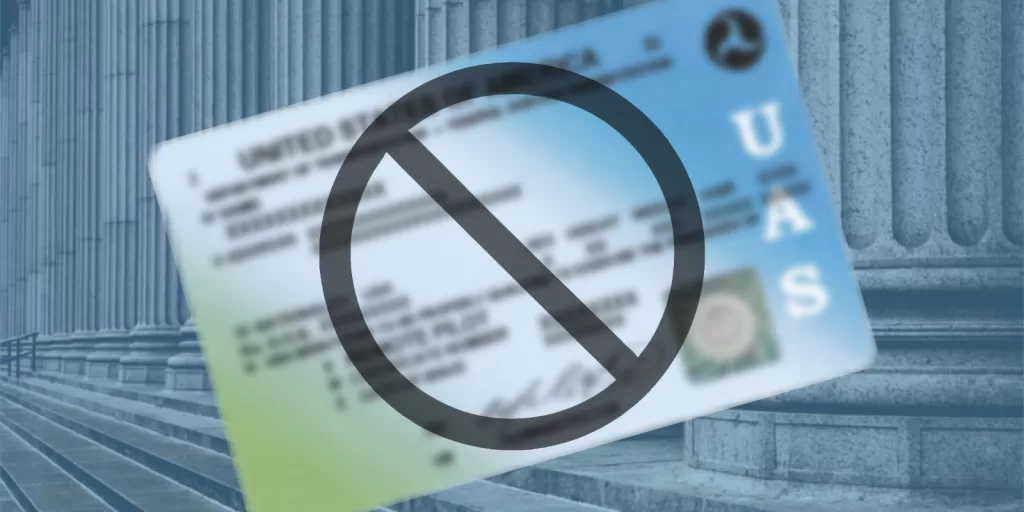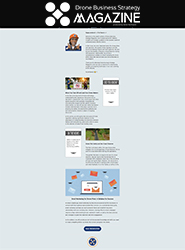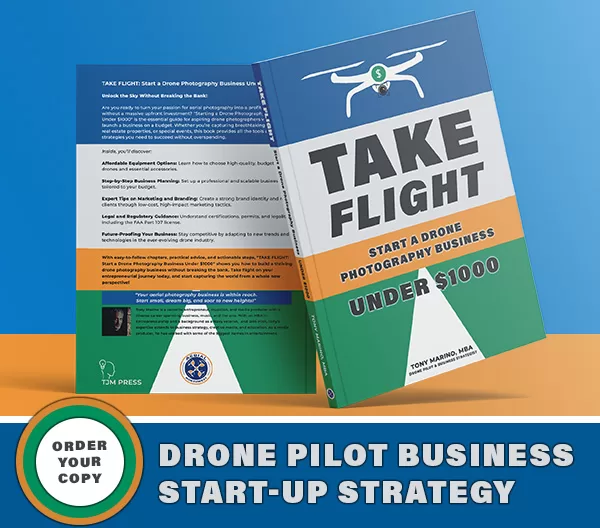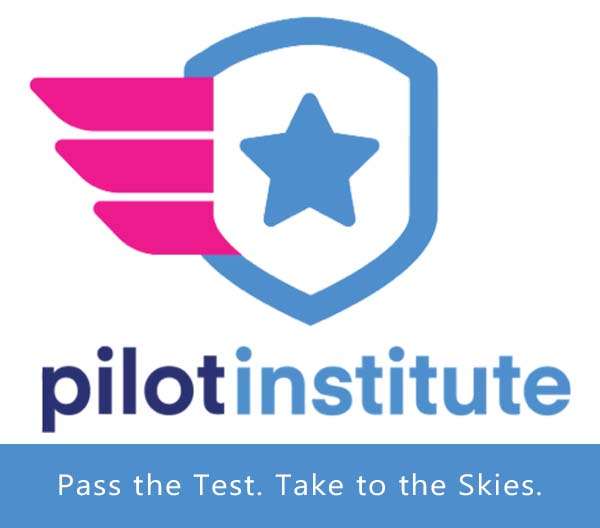
The thrill of flying drones comes with great responsibility, and one Philadelphia pilot just learned that lesson the hard way. In a shocking move, the FAA has permanently banned drone operator Michael DiCiurcio from flying anywhere in the United States due to repeated violations of aviation laws. From unauthorized flights in controlled airspace to reckless operations over crowded areas, his actions weren’t just illegal—they were dangerous.
This case isn’t just about one pilot losing his wings; it’s a wake-up call for every drone operator in the industry. It serves as a stark reminder that ignoring regulations can cost you everything—your business, your reputation, and even your legal ability to fly. So, what can we learn from this, and how can we ensure our drone businesses stay on the right side of the law while maintaining the highest standards of safety and professionalism? Let’s break it down.
The Case of Michael DiCiurcio
Between December 2019 and the present, DiCiurcio engaged in several unsafe drone operations, including:
- Conducting night flights near prominent Philadelphia landmarks.
- Operating in controlled airspace near Philadelphia International Airport without proper authorization.
- Flying over people and vehicles, posing significant safety risks.
- Experiencing a loss of control during a flight, leading to an uncontrolled drone over Philadelphia.
Despite receiving warnings and educational guidance from the FAA, DiCiurcio continued these reckless practices, resulting in legal action and the permanent revocation of his drone operating privileges.
Lessons for Responsible Drone Operation
This incident serves as a cautionary tale for drone pilots and highlights several key principles essential for safe and professional drone operations:
- Strict Adherence to Regulations: Understanding and following FAA regulations is non-negotiable. This includes obtaining necessary authorizations for flights in controlled airspace and adhering to operational limitations.
- Commitment to Safety: Prioritizing the safety of people and property is paramount. Avoid flying over populated areas or vehicles, and ensure that all flights are conducted in a manner that minimizes risk.
- Continuous Education: Stay informed about the latest guidelines, airspace classifications, and technological advancements. Regularly participating in training programs can enhance your skills and knowledge.
- Professionalism and Accountability: Operate with integrity and take responsibility for your actions. Acknowledge mistakes, learn from them, and strive to improve continually.
- Community Engagement: Foster positive relationships with the public and authorities. Transparency and open communication can build trust and enhance the reputation of the drone industry.
Impact on Brand Reputation and the Drone Industry
Reckless drone operations don’t just impact the individual pilot—they have far-reaching consequences for the entire industry. Incidents like this erode public trust and make it harder for responsible drone operators to conduct business. When drone pilots ignore regulations, it fuels negative perceptions and increases the likelihood of stricter regulations and enforcement actions, which can hinder the industry’s growth.
For businesses, a tarnished reputation can lead to lost clients, diminished partnerships, and reduced opportunities for expansion. Companies that fail to prioritize safety and compliance risk alienating their customer base and damaging their credibility. Conversely, those who uphold high standards and demonstrate responsible practices can differentiate themselves as trustworthy professionals, strengthening both their brand and the broader industry’s reputation. By emphasizing professionalism, transparency, and adherence to safety protocols, drone operators can protect not only their businesses but also the integrity of the drone industry as a whole.
The Importance of a Common-Sense Business Strategy
Successful drone operators recognize that maintaining a profitable and sustainable business requires more than just technical skills—it demands a sound business strategy rooted in common sense. Operating a drone business without considering legal, ethical, and strategic factors is a recipe for failure.
- Risk Management and Compliance: Following regulations isn’t just about avoiding fines or bans; it’s about protecting your business from liability and ensuring long-term viability. Ignoring the rules can lead to lawsuits, loss of certification, and irreparable damage to your brand.
- Client Trust and Market Positioning: Clients seek drone pilots who are reliable, insured, and professional. A history of safe and compliant operations builds credibility and attracts high-value contracts. On the other hand, a poor reputation can eliminate business opportunities and alienate potential clients.
- Sustainable Business Growth: A well-thought-out strategy includes diversification of services, investment in continued education, and adaptation to technological advancements. Operators who take a strategic approach to growth are better positioned to withstand market shifts and industry changes.
- Ethical Responsibility and Public Perception: Operating responsibly contributes to a positive public perception of the drone industry. When drone businesses act ethically and within the law, it prevents unnecessary scrutiny, maintains public confidence, and fosters industry-wide progress.
Building a drone business on a foundation of common sense, professionalism, and strategic planning ensures long-term success and stability. By prioritizing safety, compliance, and smart decision-making, drone operators can protect their business, their clients, and the industry as a whole.
The Takeaway
The enforcement action against DiCiurcio highlights the FAA’s commitment to maintaining safety in the national airspace and serves as a reminder of the responsibilities that come with operating drones. By adhering to regulations, prioritizing safety, and engaging in continuous education, drone pilots can uphold the integrity of their profession and contribute positively to the industry’s growth.
For more detailed information on this case, you can refer to the original article on DroneXL.
If you have any questions, let us know! If you’d like to hire us, you can get more information here.
Written by: Tony Marino, MBA – FAA Certified Part 107 Commercial Drone Pilot and Chief Business Strategist at Aerial Northwest
Disclaimer: The information provided in this blog post is for general informational purposes only and should not be construed as legal advice.
Starting Your Own Drone Service Business
Pick up your copy today on Amazon and wherever fine books are sold.

DRONE BUSINESS STRATEGY MAGAZINE
A free digital publication made exclusively for all small business drone pilots to them help start-up, become profitable while sustaining a competitive advantage within the drone service industry sector they opt to serve.
“If you love to fly, we’d love to have you come aboard!”
We share your information with no one. Our Privacy Policy.










Leave a Reply
Your email is always safe with us.